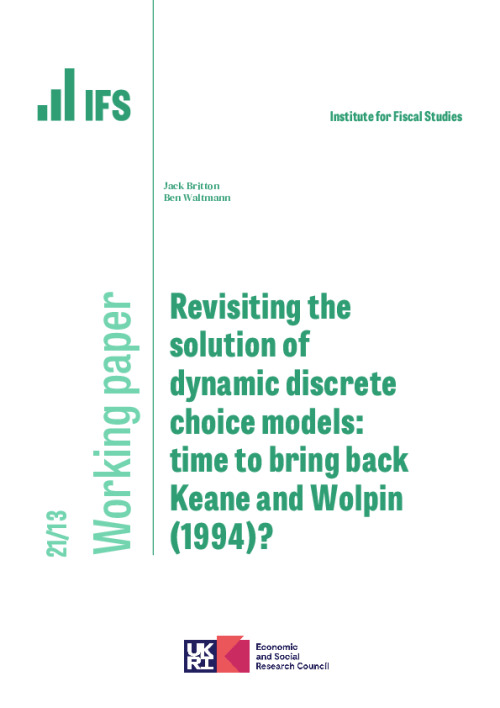The ‘curse of dimensionality’ is a common problem in the estimation of dynamic models: as models get more complex, the computational cost of solving these models rises exponentially. Keane and Wolpin (1994) proposed a method for addressing this problem in finite-horizon dynamic discrete choice models by evaluating only a subset of state space points by Monte Carlo integration and interpolating the value of the remainder. This method was widely used in the late 1990s and 2000s but has rarely been used since, as it was found to be unreliable in some settings. In this paper, we develop an improved version of their method that relies on three amendments: systematic sampling, data-guided selection of state space points for Monte Carlo integration, and dispensing with polynomial interpolation when a multicollinearity problem is detected. With these improvements, the Keane and Wolpin (1994) method achieves excellent approximation performance even in a model with a large state space and substantial ex ante heterogeneity.










